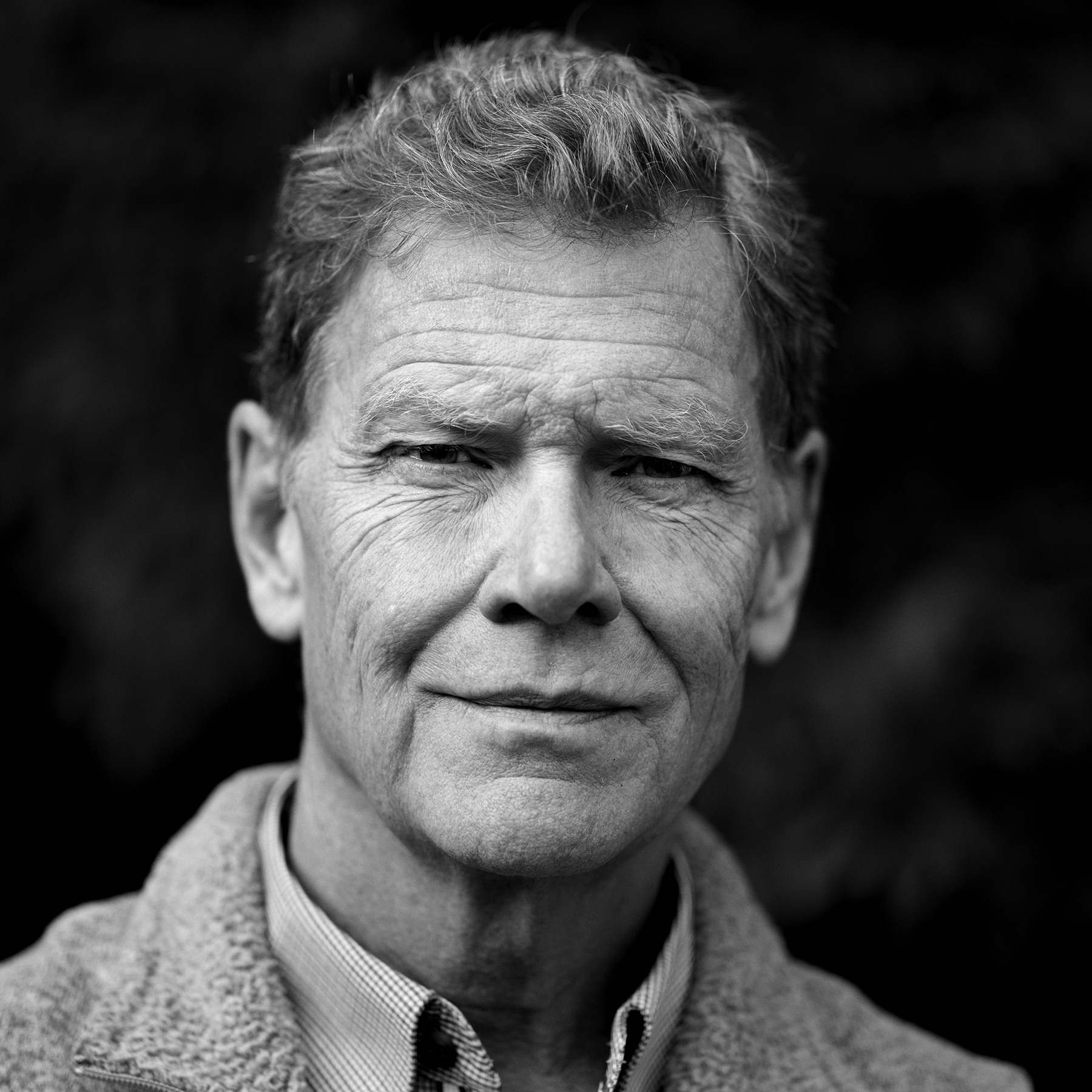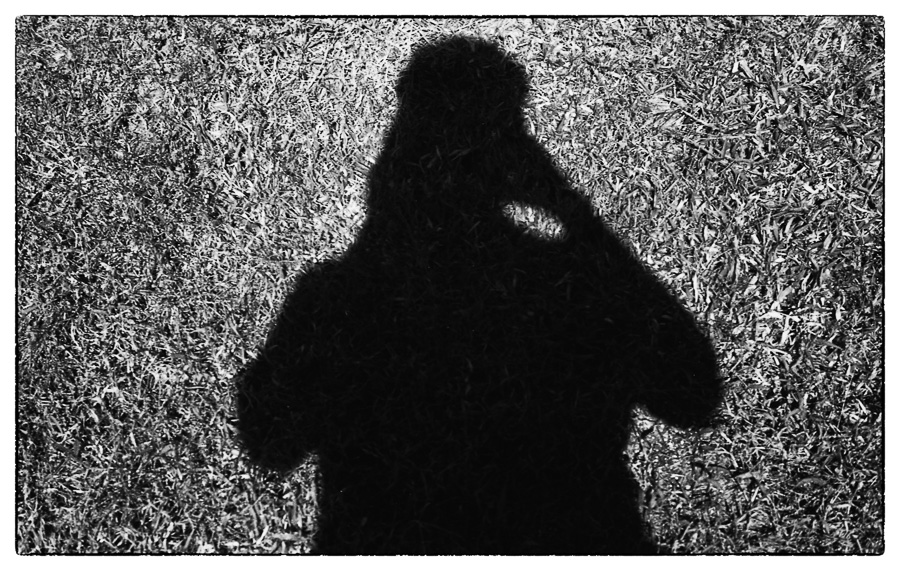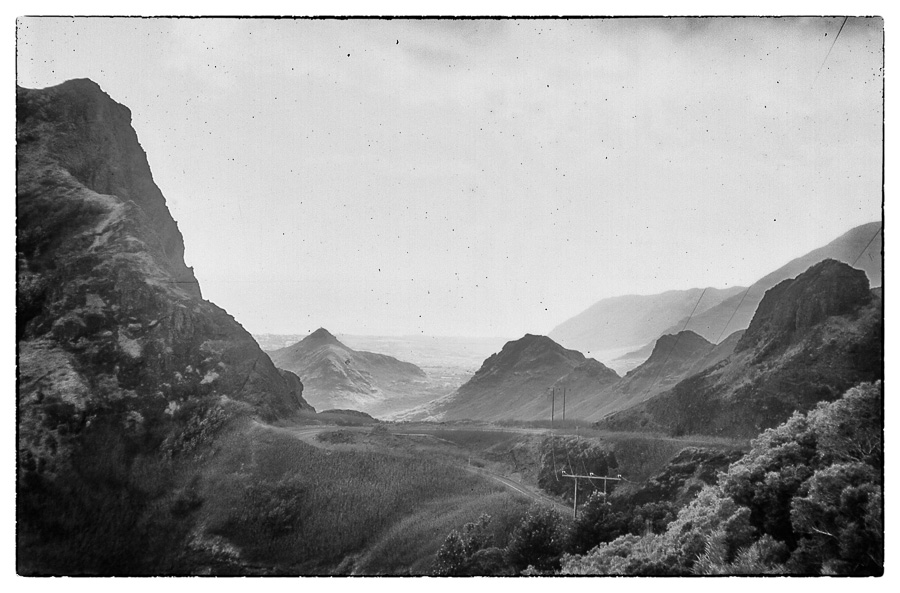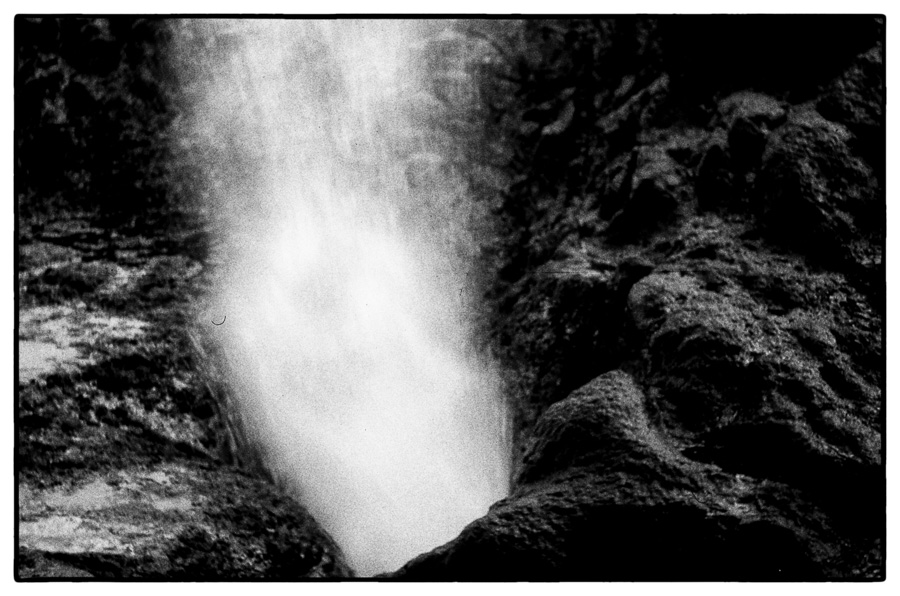Artist's Statement
 We often hear that a photographer must have something to say, but I don’t usually feel that way. It’s not me who has something to say, because then the photograph would be about me. It’s the subject that speaks. And when they speak, there is a certain moment – when all the elements of light and geometry, gesture and emotion come together – that tells their story succinctly, precisely and perfectly. Artistically. That is the moment that I wait for with an open mind and an open heart. That moment must convey, not just a description, but a feeling. There can be no thinking between the subconscious recognition of that moment and the release of the shutter, otherwise the moment is lost. It is the same as with the release of an arrow – mindless.
We often hear that a photographer must have something to say, but I don’t usually feel that way. It’s not me who has something to say, because then the photograph would be about me. It’s the subject that speaks. And when they speak, there is a certain moment – when all the elements of light and geometry, gesture and emotion come together – that tells their story succinctly, precisely and perfectly. Artistically. That is the moment that I wait for with an open mind and an open heart. That moment must convey, not just a description, but a feeling. There can be no thinking between the subconscious recognition of that moment and the release of the shutter, otherwise the moment is lost. It is the same as with the release of an arrow – mindless.
It is ineffectual and impossible to capture this moment in a haphazard way, by relying on a motor drive and then sorting through the images later to find the right one. It must be captured intuitively by the photographer, with subliminal intention.
I have found this to be the best way for me to tell a story. Even in a photo essay, it’s not my story. It’s their story. By this I do not mean that I am not in the photographs. A photographer’s vision always is in the pictures. It’s the invisible fabric that holds the picture together. It’s the vehicle by which the photographer can present the subject's emotion of the moment to the viewer. It’s known as style.
Ironically, the selflessness of making a photograph becomes, over time, a perfect description of the photographer, because the photographer chooses what to photograph, what to exclude, how to frame it, expose it, process it, edit it. Each photograph is made from the unique perspective of the individual photographer. Precisely because the photographer makes these choices, which are seen through the prism of a lifetime of unique experiences, the photographs ultimately become the story of the photographer rather than of the subject. Viewing the life's work of a photographer in a book or an exhibition describes, not the subjects, but the photographer. Collectively, it is an autobiography.
The Dalai Lama said, "Kindness is my religion." That resonated deeply with me. I have approached my photography from a position of empathy and kindness. The same empathic impulse is why I chose a career in medicine. It's how I have tried to live my life.
Short Bio
An "amateur" is someone who pursues an interest purely for the enjoyment of it, and not as a profession.
I first started making pictures at the age of 13, in 1968, when a neighbor gave me a Leica IIIc with a scratched lens, a broken rangefinder, and an inaccurate shutter. That camera taught me a lot and I have enjoyed photography ever since. I pursued a career other than photography, but one which has allowed me to enjoy this avocation freely. Photography leads me to visit and linger in beautiful places. It causes me to look differently at the world, more deeply, and to be present. It makes it possible for me to share my experience with others. It has always been an important part of my life.
My photographs have been in several exhibitions and shows, and I have had a few One Man shows. I have had the honor of participating in exhibitions in the Carnegie Museum of Natural History in Pittsburgh, the Moscone Center in San Francisco, the Chicago Cultural Center, the Russell Senate Office Rotunda, and the National Museum of Health and Medicine, among other venues.
In 2020 I received the Gold Medal at the Prix de la Photographie de Paris awards for my photo essay, Aid and Comfort to the Enemy. That essay can be found here. I also received the Silver Medal for my abstract study of horses, Horsescapes, which can be found here. In 2023 I won the Gold Medal in the Tokyo International Foto Awards for Mindidoka, A Trilogy.
The image Brown Bear in Naknek Lake won Best of Show in the 2001 Northwest Exhibition of Environmental Photography (more recently, World in Focus), in Seattle, juried by Art Wolfe. I am very proud of an Honorable Mention I received in a 1984 competition juried by Eliot Porter.
During my first year as a free lance photographer, 2019, I was awarded First Place by the Idaho Press Club at their annual meeting for my photo essay on refugee physicians in Idaho. Two years later I received Second Place for a photo essay on moral injury in crisis standards of care. Other awards are listed on my resume.
My photographs have appeared in a variety of publications, including three times in LensWork and LensWork Extended. My work also appeared in The Washington Post, Nature's Best magazine, Wilderness Medicine, An Atlas of Biodiversity of California, Photo Techniques, Studio Photography and Design, Black and White Magazine, and various newspapers. Photographs have been selected and displayed online by National Geographic and other outlets. Past clients include Hasselblad and Micron Corporation.
I have published a book of my photographs from Iraq titled, Aid and Comfort to the Enemy: A Surgeon's View of the War in Iraq.
I also published three photo essays, Horsescapes, Minidoka, Fabric of the Land, and Minidoka, A Trilogy.

Self Portrait, Florida, 1969

Switzerland, 1968

Likelike Pass, Oahu, Hawaii, 1969

Blow hole, Oahu, Hawaii, 1969